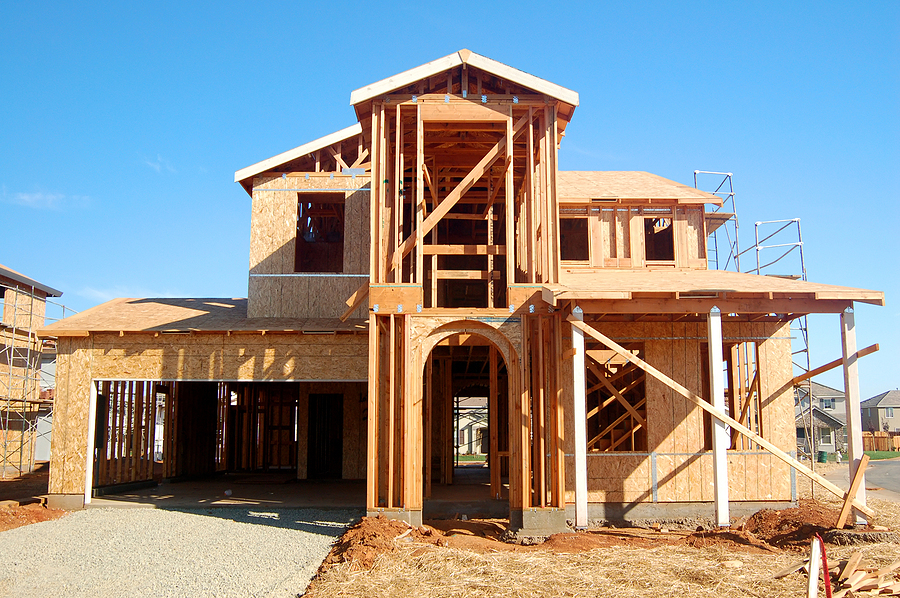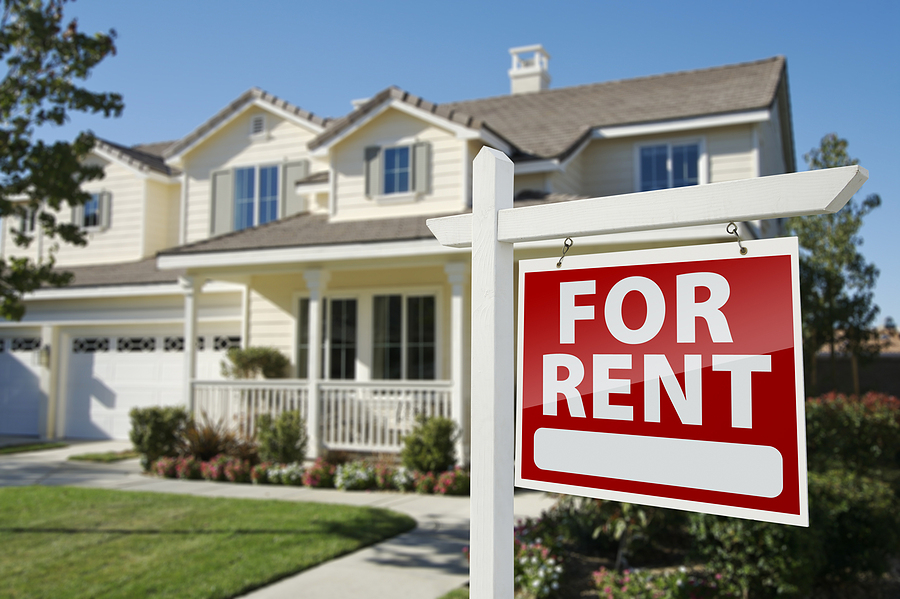August 5, 2022
Real estate investing is one of the top strategic methods investors utilize to be successful. That said, once you begin investing, you quickly realize that reality does not quite align smoothly with all of the success stories you read about online. Everyone faces unique obstacles that will hold them back in achieving their financial goals. In an effort to assist you in preparation of these common setbacks, below we have identified a few common barriers experienced by first-time investors which prevent them from being successful with real estate.
Knowledge Gap
Investing in real estate requires some studying an obtaining knowledge ahead of time. You should understand the various rules that govern the real estate industry, taxes, analytics, financing options, etc. Luckily, there is a ton of information on all these subject matters you can find online. The quickest way to become literate within the real estate industry is to take some sort of formal education classes. Learning from other seasoned real estate investors is also an option but be careful not to rely on others to educate you on all of the ins and outs of the industry for free.
Not Recognizing Differences On Paper Vs. Real Life
New investors often think it will be a breeze for them to earn money with real estate, given all they have learned in school. That said, the further they get into their first investment project, the more they quickly realize that thing on paper often look very different in real life. This truth can cause new investors to begin doubting their abilities and to lose confidence. As a new investor, you need to prepare yourself mentally for the fact that the road ahead will be full of obstacles. It is likely you will make some rookie mistakes that could cause you to lose a deal. This is ok. The important thing is to learn from your mistakes. With time, you will learn to distinguish a good deal from a bad one. You will also become a better negotiator. All these things will be learned and perfected with practice and time.
No Clear Vision
As with any industry, using only your instincts is not sufficient to be successful with real estate investment. If you want to make money in real estate, you need to have a clear vision and stick to it. As you are learning, you may be confronted with various proposals that seem lucrative, but may not align with your financial objectives. It’s important to identify when investing in a particular deal may make you unable to continue investing in other opportunities.
Being Guided By Feelings
This is a common error often made by beginners and can really impact your ability to be successful with real estate investment. Feeling should have no place in the decision process of a real estate investing. You need to be able to control your feelings, so that they do not interfere with making calculated decisions. You need to base your decision on data not emotions. It is common for sellers to take advantage of a new buyer’s emotions when selling a property. If you simply look at the superficial elements, you may miss the major repairs that a property may need. So, you need to stay vigilant and hire a licensed home inspector to inspect the property before you close any deal.
Being Impatient
Patience and dedication are the two most important areas which will make you successful in real estate investing. Finding the right deal for you can take months of searching and doing research. Without patience and dedication, you may give up before you have a chance to find the right deal for your financial situation. Generally speaking, real estate investments are considered long term investments with the return on investment measured in years not weeks or months. Patience is key throughout your investment strategy. Now that you understand some of the most common obstacles new investors face when beginning to invest money in real estate, hopefully, you will be able to recognize these obstacles ahead of time and troubleshoot them before it is too late. No matter what may come your way, the best advice anyone can give you is to meet all of the challenges head on and not shy away at the first sign of adversity.











